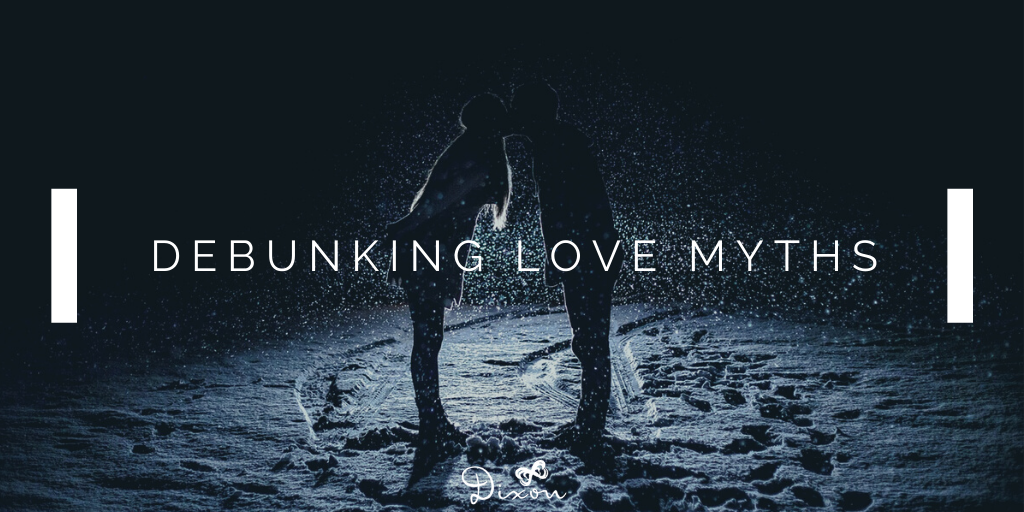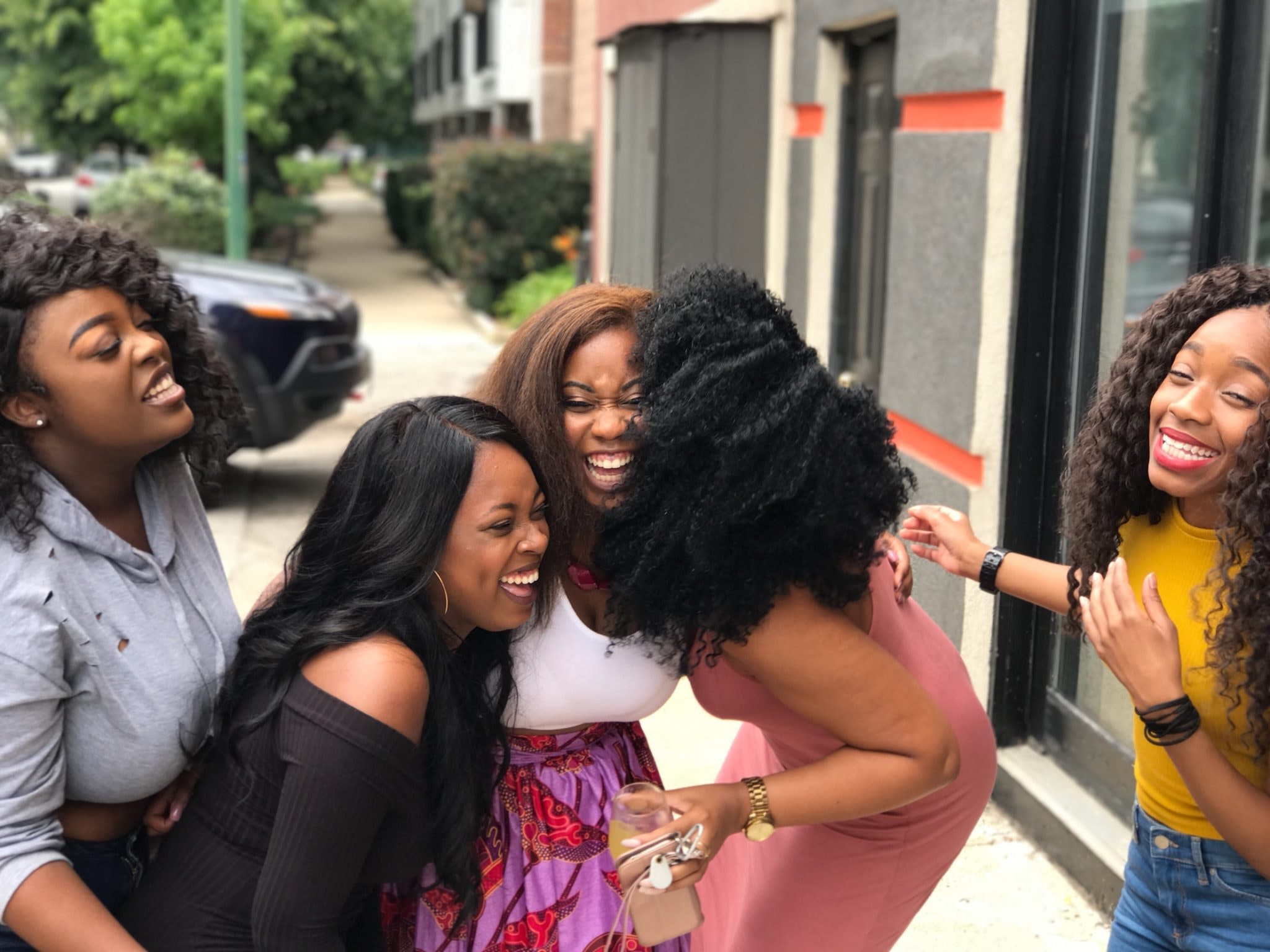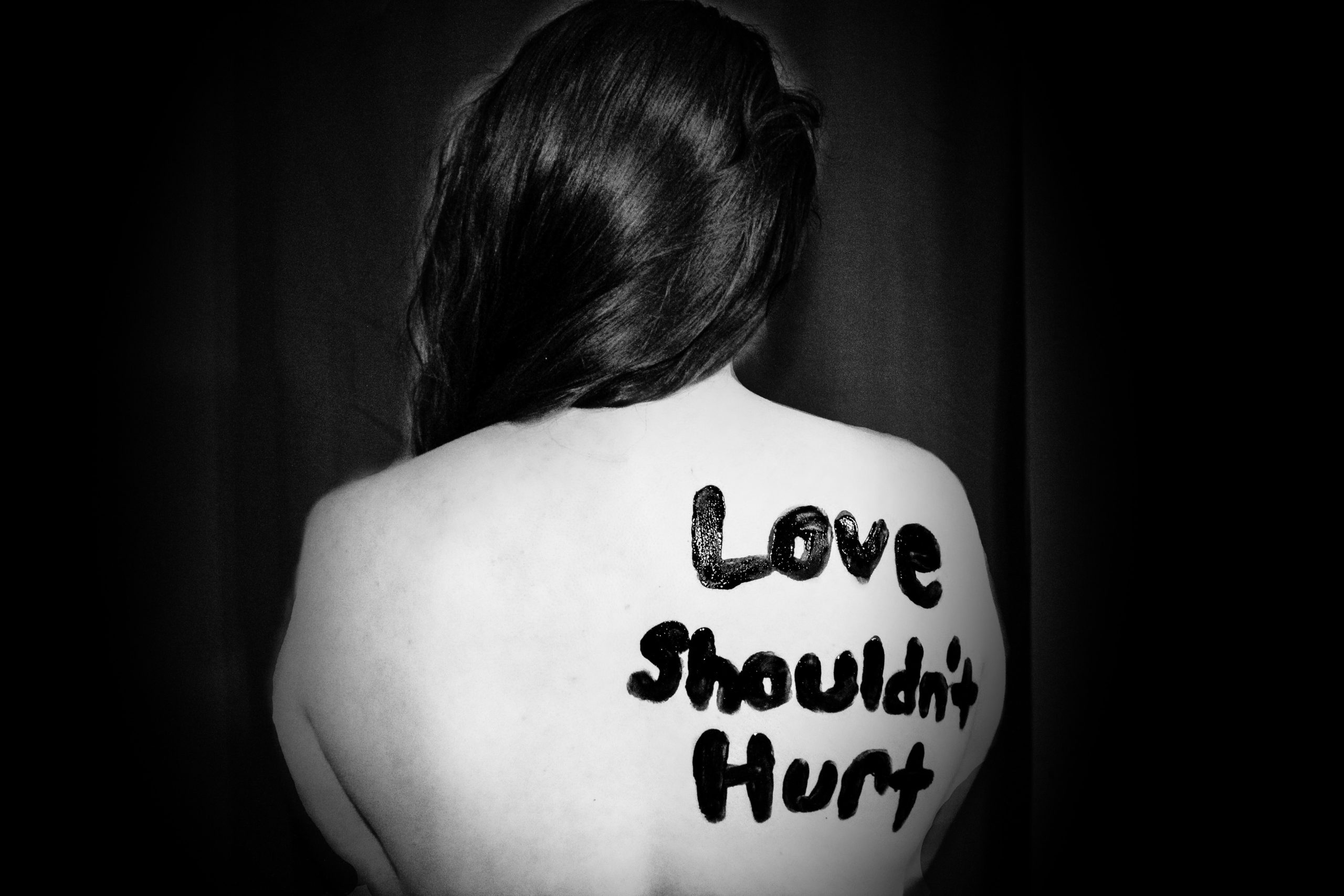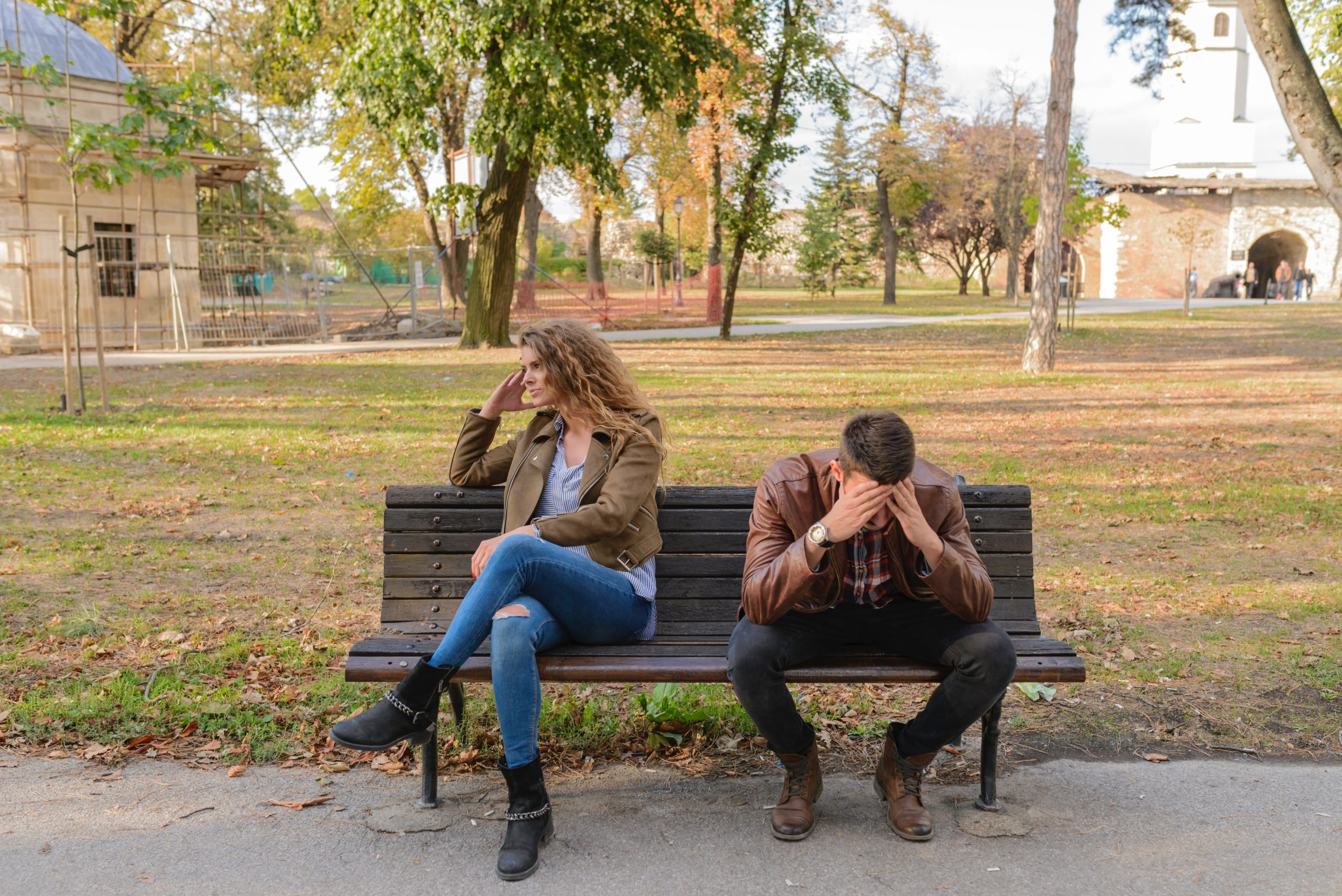
With Valentine’s Day just around the corner, we want to see those members of our community who are in relationships, in happy, healthy, and fulfilling ones!
Here are six common myths about love, and what the truth about happy, healthy, and loving relationships really is.
Myth 1. It’s normal for a partner who is deeply in love with you to discourage you from spending time with family and friends.
While most couples who are in love enjoy spending lots of time together, remember that healthy relationships include time apart, and don’t come at the expense of pre-existing social networks. It’s important to continue to spend time with those who you are close with because every relationship brings different types of joy.
If your partner attempts to restrict who you can spend time with, this may be a sign you are in an unhealthy relationship. He may be worried that your family/friends could spot the potentially unhealthy aspects of the relationship.
By isolating you from those who advocate for you, an abuser is afforded a high degree of power and control, which may escalate to physical violence.

Myth 2. If there is no physical violence, I am in a healthy and loving relationship.
Physical violence is certainly a clear indication of abuse, but abuse is not limited to physical violence. Other forms of abuse include being forced or coerced to engage in sexual acts against your will, stalking, imposing an allowance or other means of financial control, bullying, or the use of threats to control how you act.
If you feel unsafe in a relationship, even in the absence of physical violence, the relationship is likely abusive.
Myth 3. If my partner hurts me physically, it’s my fault for pushing his buttons or not being a good enough partner.
Love should never hurt. As human beings, we have agency and the ability to act decently towards others. Your partner can and should act with kindness, and work with you to build a relationship that is grounded in trust and respect. Some abusers may have a past characterized by volatility or trauma, but it is important to remember you are not responsible for this trauma, nor do you need to tolerate the violence or abuse imposed on you as a result.
Love is a powerful feeling that can be used to elevate your partner, making you both happier and stronger people in the process. However, immense love is not a replacement for counselling or other tools to help a partner who is processing trauma. Violence—physical or otherwise—is never acceptable, and it is never your fault.

Myth 4. My partner is jealous and keeps tabs on me because he loves me so much.
It is normal in relationships for feelings of jealousy to arise occasionally. However, concerns about distrust should be resolved through healthy communication. Your partner should never be checking your phone or restricting you from seeing certain people because of a delusion that you are being unfaithful. In a healthy relationship, if one partner is experiencing feelings of insecurity or jealousy, conversation takes place, not constant monitoring.
The expression of extreme jealousy, such as forbidding you from going out with friends or installing surveillance cameras in your house, is not a sign of love. While jealousy may be followed by expressions of sincerity, this is likely part of a greater cycle of abuse and does not justify the controlling actions of your partner.
Myth 5. We’re just fighting! My partner is only treating me badly because we had an argument.
Every couple has disagreements, and emotions can run high! While you or your partner might say something you regret during an argument, escalation to degrading and belittling you, personal attacks that are just meant to break your confidence, or threats of violence against you and your loved ones, including your pets, are not acceptable.
While all couples fight from time to time, violence in any form is never part of a healthy relationship.

Myth 6. If I didn’t love my partner, I wouldn’t remain in the relationship. Couples stick together because they are still in love.
Emotional attachment and love are different, although often confused. Love is respect, support, care and sacrifice. Emotional attachment is missing someone you have had in your life, feeling better because you have company and not alone, feeling social pressure to be in a relationship. Love lifts you up. Love is a powerful emotion and should build both you and your partner into better versions of yourselves, not break you down.
This Valentine’s Day, we celebrate the many happy, healthy, and positive relationships we see in our community! Healthy relationships are centered on trust, empathy, and respect.
Happy Valentine’s Day!
If you or someone you know might be in an unhealthy or dangerous relationship, visit dixonsociety.ca for more information.
